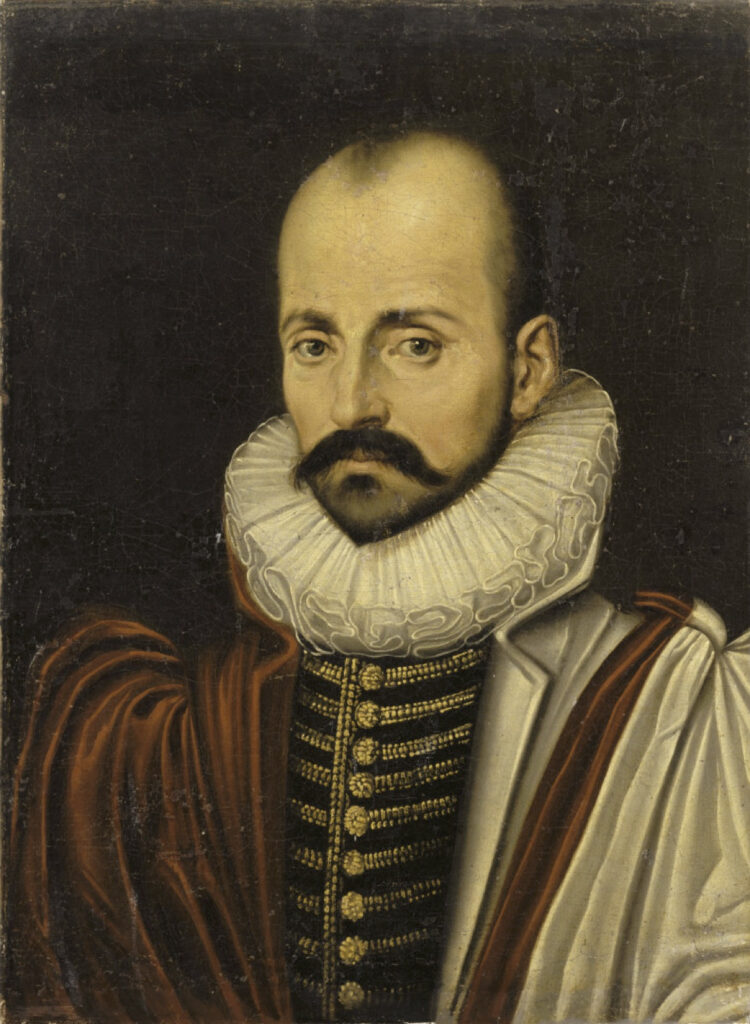Never forget that words have no other meaning than the one you have given them, and this meaning derives from our explanations. I can provide the definition of a word and use it according to the terms of that definition; or those who teach me the use of the word can give me the necessary explanations. Alternatively, we may consider as an explanation of the word all that we can possibly explain when questioned. I mean when we are ready to give an explanation, for, in most cases, we are not. Thus, many words do not have very precise meanings. But this is not a defect. To believe that it is a defect would be somewhat like saying that my bedside lamp is not a real lamp because I cannot say with certainty where the edge of its light ends. Philosophers often talk about seeking and analyzing the meaning of words. But let us remember that it is we who have given their meaning to words, that they do not derive it from an independent power; thus it is possible for us to conduct a scientific investigation into the real meaning of a word. A word has the meaning given to it by someone. Some words have several clearly defined meanings that are easy to enumerate and differentiate. There are others about which we can only say this: “They are so frequently used in different senses that the different senses have become entangled.” It is not surprising, then, that we are unable to formulate strict rules for their use.
N’oubliez jamais que les mots n’ont d’autre signification que celle que vous leur avez donnée, et ce sens ils le tiennent de nos explications. Je puis donner la définition d’un mot et l’utiliser selon les termes de cette définition; ou ceux qui m’apprennent l’usage du mot peuvent me donner les explications nécessaires. On encore, nous pouvons entendre par explication du mot tout ce que, lorsqu’on nous interroge, il nous est possible d’expliquer. J’entends, lorsque nous sommes prêts à donner une explication, car, dans la plupart des cas, nous ne le sommes pas. Ainsi, nombreux sont les mots qui n’ont pas de sens très précis. Mais ce n’est pas là un défaut. Croire que c’est un défaut, ce serait à peu près comme si je vous disais que ma lampe de chevet n’est pas une vraie lampe parce que je suis incapable de dire avec certitude où s’arrête l’orbe de sa lumière. Les philosophes parlent très souvent de chercher, d’analyser le sens des mots. Mais souvenons-nous que c’est nous qui avons donné leur sens aux mots, qu’ils ne le tiennent pas d’une puissance indépendante ; ainsi nous est il possible de procéder à une enquête scientifique sur la signification réelle d’un mot. Un mot a le sens qui lui est donné par quelqu’un. Certains mot ont plusieurs sens clairement définis et qu’il est facile d’énumérer et de différencier. Il en est d’autres dont nous ne pouvons dire autre chose que ceci : “Ils sont si fréquemment utilisés dans des sens différents que les différents sens se sont enchevêtrés.” Il n’est pas étonnant alors que nous soyons incapables, pour leur utilisation, de formuler des règles strictes.
Ludwig Wittgenstein, Le cahier bleu et le cahier brun (1933 – 1934) – suivi de Ludwig Wittgenstein par Norman Malcolm, Tell, Gallimard, Paris, 1998, p. 84
